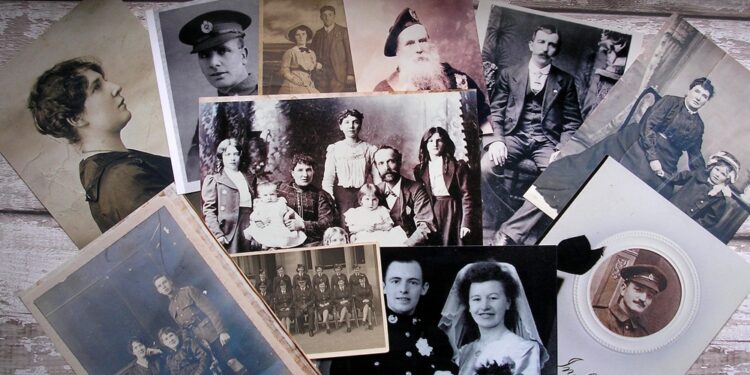
National Genealogy Day
Observed annually on the second Saturday in March, National Genealogy Day is dedicated to the field of study that traces family lineages. Genealogy involves researching family history through historical records, newspaper articles, oral interviews, and sometimes genetic analysis.
It’s an activity that has been practiced for thousands of years, but it has only recently been recognized with its own holiday—a holiday that encourages people to explore their own family lineages to learn more about their ancestors and, ultimately, themselves.
The History of National Genealogy Day
National Genealogy Day was first established in 2013 by Christ Church in Limerick, Ireland. The holiday was created to celebrate the church’s 200th anniversary and to enable members of the church to trace their family histories through church records. It has been observed every year since, not only in Limerick but also by individuals around the world who are interested in their family histories.
Some Fun Facts About Genealogy
Now that we’ve learned about National Genealogy Day, let’s look at some interesting facts about genealogy. We uncovered the following information during our research and decided to share it with everyone else interested in this holiday.
- Surnames weren’t used on a widespread basis until the 11th century in Europe.
- Surnames are usually based on occupation, place name, names based on appearance, or the father’s name.
- Headstones have historically used symbols with specific meanings. For example, a rosebud symbolizes children under 12 who have died.
- Other headstone symbols include a full bloom rose, which indicates a person died in their 20s, or joined rosebuds, which signify a mother and her child died during childbirth.
- Even full siblings can have different amounts of certain ethnicities because they may share certain genes and not others.
- Ellis Island did not change the names of immigrants. If names were changed, it was often done by the immigrants themselves.
Observing National Genealogy Day
This day is perfect for individuals to trace their roots. They can start by talking to their parents, aunts, uncles, grandparents, and anyone else in the family who can provide clues for further investigation.
They can also look through family albums. Once that is done, they can begin their search on genealogical websites and through church and public records. To spread the word about this holiday, the hashtag #NationalGenealogyDay can be used on social media.








